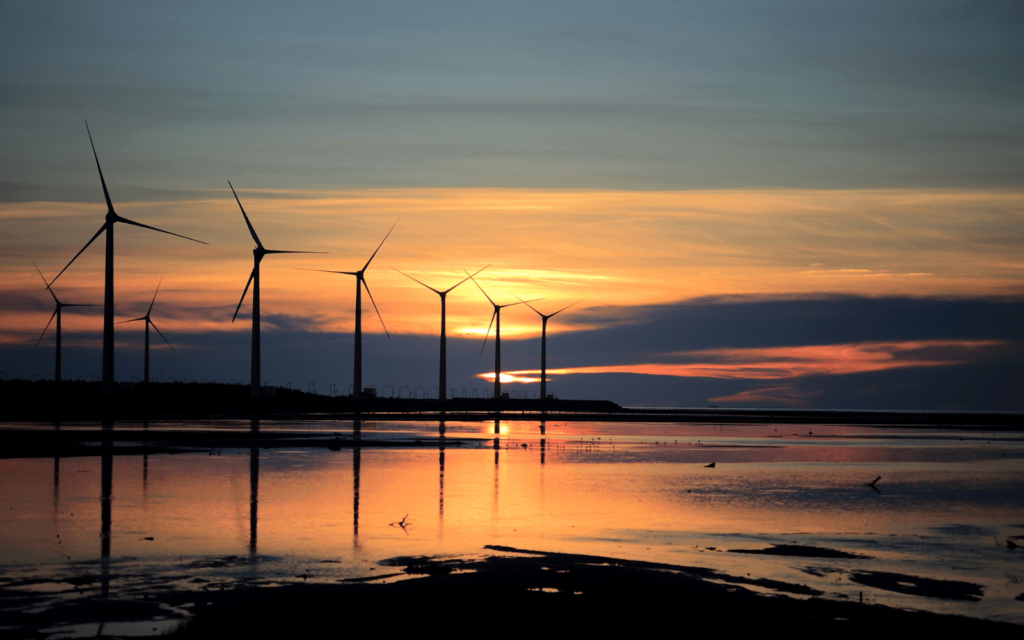Norway and the UK are spending a combined R600 million to help South Africa transition to clean fuels. The Norwegian investment fund for developing countries, Norfund, is investing R360 million, whilst the United Kingdom development finance institution CDC Group is investing R240-million in the project.
This money is going to H1 Capital, a black-owned renewable energy company. H1 Capital will use the investment to build 2.4GW of wind and solar plants in South Africa. The deal can be traced back to the Cop26 summit, a climate change conference held in 2020.
Funding clean fuels
Most of the Norwegian and UK funding is destined for projects awarded to H1 Capital, which has a portfolio that includes wind, solar, and hydro projects. The investment forms part of SA’s Renewable Energy Independent Power Producer Procurement Programme (REIPPPP).
Norfund and CDC Group, which will soon be named ‘British International Investment’, hope to supply consistent power to South African cities, townships, businesses, and farms. H1’s new wind and solar projects should, when complete, generate about 6,400 GWh a year. They will also help avoid emissions of 6,2 million tonnes of carbon dioxide each year.
In a joint statement, Norfund and CDC Group said, “South Africa has tremendous economic potential, with government setting an ambitious target to generate 20 GW of new renewable capacity over the next decade.”
CDC Group South Africa’s Thithi Kuhlase-Maseko said, “This investment marks another key step toward fulfilling our pledge to devote greater capital to fund clean infrastructure and support South Africa on its path towards just energy prospects.”
Acting globally
Norfund and CDC Group’s commitment to SA also contributes to a few of the United Nations’ Sustainable Development Goals. Those include affordable and clean energy, good jobs and economic growth, and of course climate action.
Currently, coal is responsible for 86% of South Africa’s energy generation, mostly via state-owned Eskom. Switching to renewable energy sources would take some strain off the embattled state-owned entity. And, hopefully, away from some of our poorly-treated appliances.
Sources: Finance24, Tech Central




